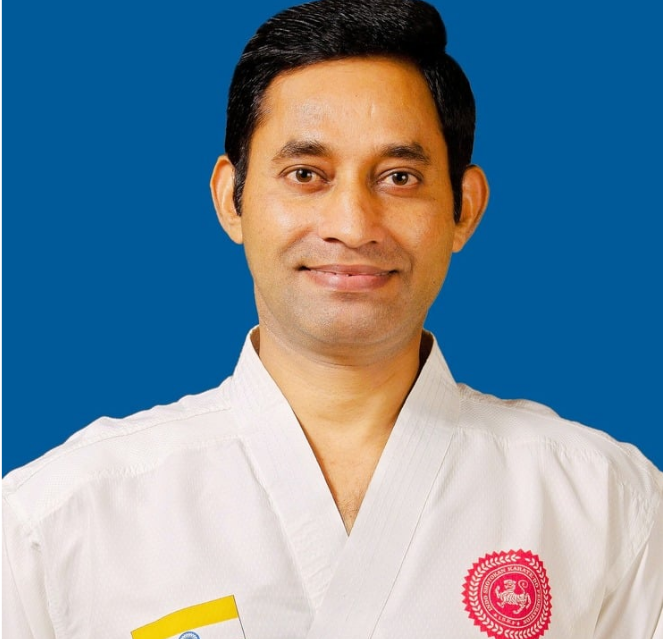Vanessa Nakate

Vanessa Nakate, born on November 15, 1996, is a Ugandan UNICEF Goodwill Ambassador and a leading voice in the fight for Climate Justice. Raised in Kampala, she embarked on her activist journey in December 2018, driven by her deep concern over the alarming rise in temperatures within her homeland.
Nakate graduated from Makerere University Business School with a degree in Business Administration, specializing in Marketing. Inspired by Greta Thunberg, she launched her own climate movement in Uganda, commencing a solitary strike against inaction on the climate crisis in January 2019. In a 2019 interview with Amy Goodman for Democracy Now!, Nakate articulated her drive for climate action, highlighting the devastating impact of climate change on agriculture in Uganda and its repercussions on food security, particularly for rural communities.
For months, she stood as the sole protester outside the gates of the Parliament of Uganda. Over time, her calls on social media garnered support, leading to the involvement of other youth in raising awareness about the plight of the Mongolian rainforests. Nakate subsequently established the Youth for Future Africa and the Rise Up Movement, both aimed at mobilizing African youth for climate action.
In December 2019, Nakate was among a select group of youth activists invited to speak at the COP25 gathering in Spain. In early January 2020, she joined forces with around 20 other youth climate activists worldwide to publish a letter urging participants at the World Economic Forum in Davos to cease subsidizing fossil fuels immediately. Invited by Arctic Basecamp, Nakate was one of five international delegates to camp with them in Davos during the World Economic Forum. Together, they participated in a climate march on the Forum’s last day, amplifying the call for urgent climate action.
In October 2020, Nakate delivered a powerful speech at the Desmond Tutu International Peace Lecture, urging global leaders to awaken to the urgent reality of climate change. She passionately linked climate change to issues of poverty, hunger, disease, conflict, and violence against women and girls. "Climate change is a pervasive nightmare that infiltrates every aspect of our existence," she emphasized. "How can we hope to eradicate poverty if we fail to address this crisis? How can we strive for zero hunger when climate change deprives millions of people of sustenance? Without action, we are destined to witness a cascade of disasters, challenges, and untold suffering."
Nakate implored leaders to step out of their comfort zones and confront the imminent danger posed by climate change. “This is a matter of life and death,” she declared, urging immediate and decisive action to mitigate its devastating impact.






